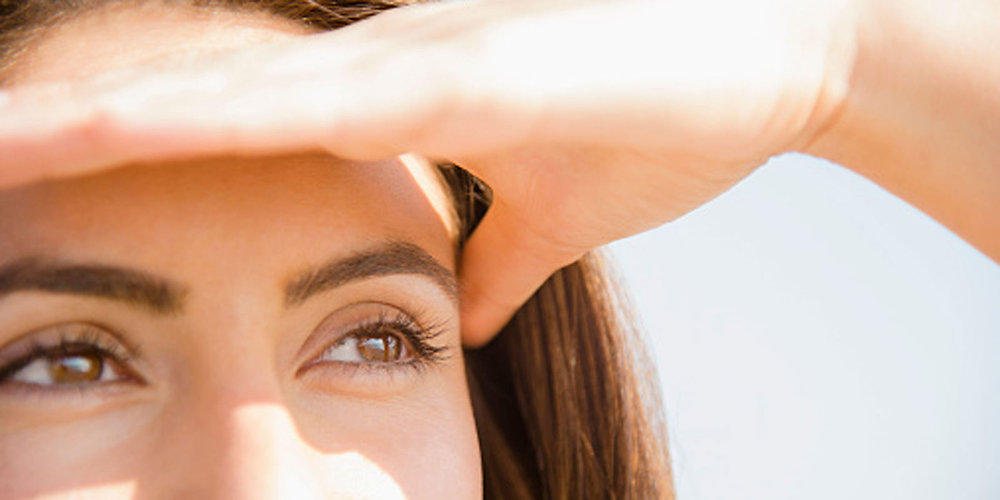- 26
- Jul
- 0

Why Dry Eyes Are Worse in Summer and How to Prevent Them
As summer arrives, the increased heat, dry winds, and higher levels of dust and pollen can exacerbate dry eye symptoms. Understanding why dry eyes become more problematic in summer can help in taking effective measures to protect your eyes.
Factors Contributing to Dry Eyes in Summer
Several factors make dry eye symptoms more pronounced during the summer months:
- Heat: High temperatures during summer speed up the evaporation of tears, leading to discomfort and dryness in the eyes.
- Dust and Pollen: The rise in dust and pollen levels can cause allergic reactions, which further irritate the eyes and contribute to dryness.
- Air Conditioners and Fans: While air conditioners offer relief from the heat, they also lower indoor humidity levels, resulting in drier air that can worsen dry eye symptoms. Similarly, fans, especially when directed towards the face, can accelerate tear evaporation.
Symptoms of Dry Eyes
Dry eye conditions can manifest through various symptoms, including:
- Sensitivity to light
- Redness of the eyes
- Blurred vision
- Eye fatigue
- Difficulty wearing contact lenses
- Excessive tearing or watery eyes
Tips for Preventing Dry Eyes in Summer
To manage and reduce dry eye symptoms during the summer, consider the following preventive measures:
- Stay Hydrated: Drink at least 3 liters of water daily to support overall hydration, which is vital for tear production and eye health.
- Adjust Air Conditioner Settings: Set your air conditioner to a moderate temperature of around 25 to 26 degrees Celsius. Avoid extremely cold settings that may lead to dehydration and affect body temperature regulation.
- Use a Humidifier: Placing a humidifier in air-conditioned rooms helps maintain proper humidity levels, which can alleviate dry eye symptoms.
- Frequent Blinking: Make a habit of blinking frequently, especially when using digital devices. Blinking helps distribute the tear film evenly across the eyes, reducing dryness.
- Avoid Direct Airflow: Position yourself away from air conditioning vents and fans to minimize direct airflow to your eyes, which can speed up tear evaporation.
- Protect from UV Rays: Wear sunglasses with UV protection to shield your eyes from sun damage, wind, and direct sunlight, which can aggravate dryness.
- Seek Professional Advice: Avoid self-medicating for eye issues. If you experience persistent dry eye symptoms or eye infections, consult with an experienced ophthalmologist to ensure proper diagnosis and treatment.
Conclusion
If you experience ongoing dry eye symptoms or any eye infections, it’s important to seek advice from a healthcare professional. They can offer appropriate treatment and help maintain your eye health. Always consult with your doctor or a healthcare professional before making significant dietary changes for personalized guidance based on your medical history and current health status.
Note: If you have any health-related concerns, please call us at +91-9058577992 for a free consultation with experienced professionals. Thank you.

Leave a Comment
You must be logged in to post a comment.